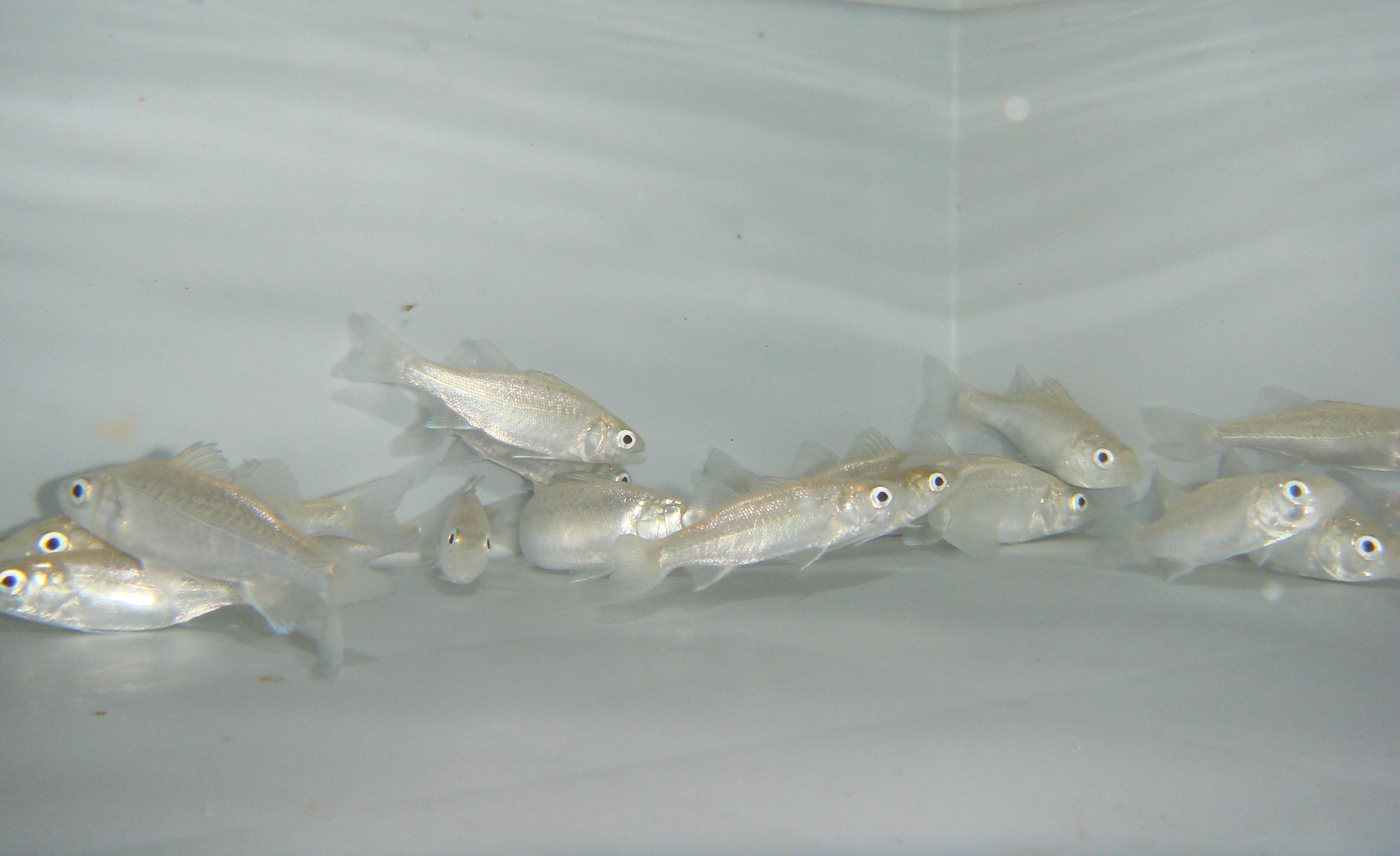
Ocean acidification causing fish to lose their sense of smell
Ocean acidification causing fish to lose their sense of smell. A new study from the University of Exeter has found that ocean acidification causes fish to lose their sense of smell. The research suggests that elevated levels of carbon dioxide will leave fish much more vulnerable to predators and other threats.
Fish rely on their sense of smell to perform the most essential functions, such as recognizing each other and avoiding predators. Fish also use their olfactory system to find food, safe habitats, and suitable spawning grounds. A reduction in their ability to smell could be extremely detrimental to their survival.
When carbon dioxide is absorbed by the ocean, it reacts with seawater and produces acid. Since the Industrial Revolution, the amount of CO2 taken in by the ocean has risen by 43 percent, and oceanic CO2 is predicted to be 2.5 times higher than current levels by the end of the century.
“Our study is the first to examine the impact of rising carbon dioxide in the ocean on the olfactory system of fish,” said lead author Dr. Cosima Porteus. “First we compared the behavior of juvenile sea bass at CO2 levels typical of today’s ocean conditions, and those predicted for the end of the century.”
Dr. Porteus explained that sea bass in acidic waters did not swim as often and were less likely to respond when they encountered the smell of a predator. She said that these fish were more likely to “freeze,” which is an indication of anxiety.
The experts also tested the ability of the sea bass to detect different smells by recording activity in the nervous system while their noses were exposed to water with different levels of CO2 and acidity.
“The sense of smell of sea bass was reduced by up to half in sea water that was acidified with a level of CO2 predicted for the end of the century,” said Dr. Porteus.
“Their ability to detect and respond to some odors associated with food and threatening situations was more strongly affected than for other odors. We think this is explained by acidified water affecting how odorant molecules bind to olfactory receptors in the fish’s nose, reducing how well they can distinguish these important stimuli.”
Study co-author Professor Rod Wilson is a professor of Integrative Animal Physiology at the University of Exeter.
“Our intriguing results show that CO2 impacts the nose of the fish directly. This will be in addition to the impact of CO2 on their central nervous system function suggested by others previously, which proposed an impaired processing of information in the brain itself,” said Professor Wilson.
“It is not yet known how rapidly fish will be able to overcome these problems as CO2 rises in the future. However, having to cope with two different problems caused by CO2, rather than just one, may reduce their ability to adapt or how long this will take.”
The study is published in the journal Nature Climate Change.
—
By Chrissy Sexton, Earth.com Staff Writer
Image Credit: Dr. Cosima Porteus













